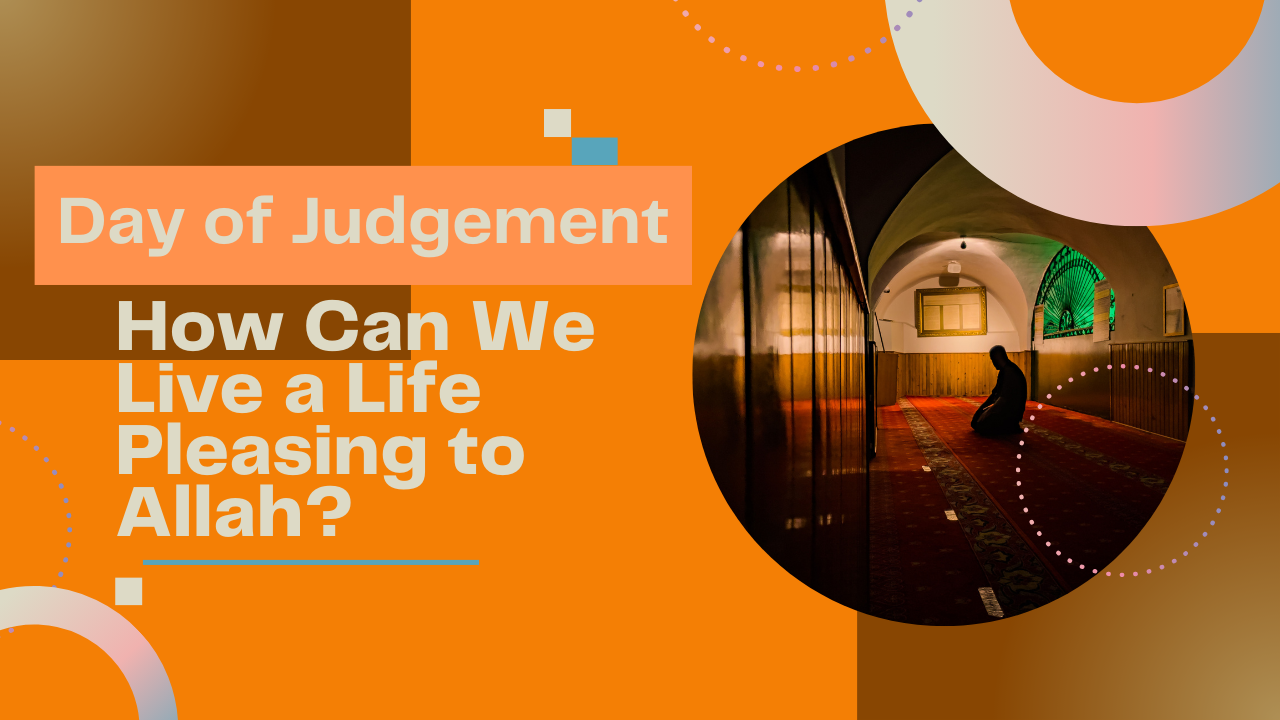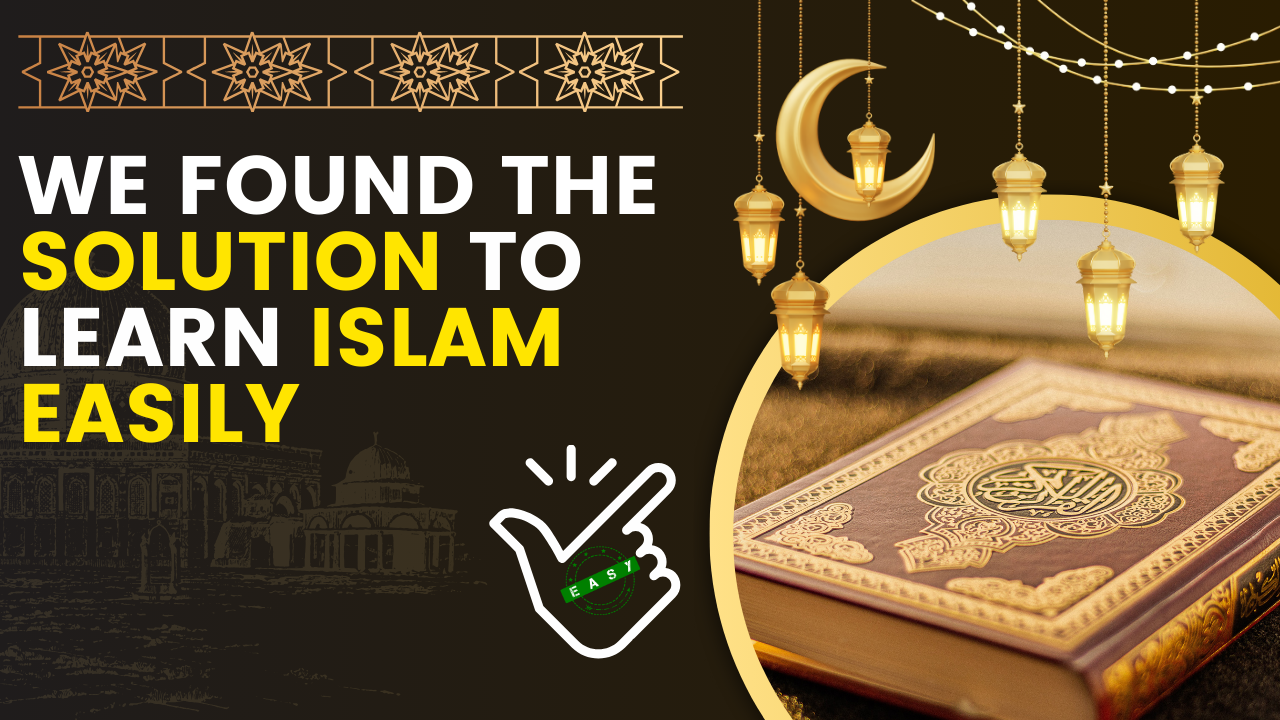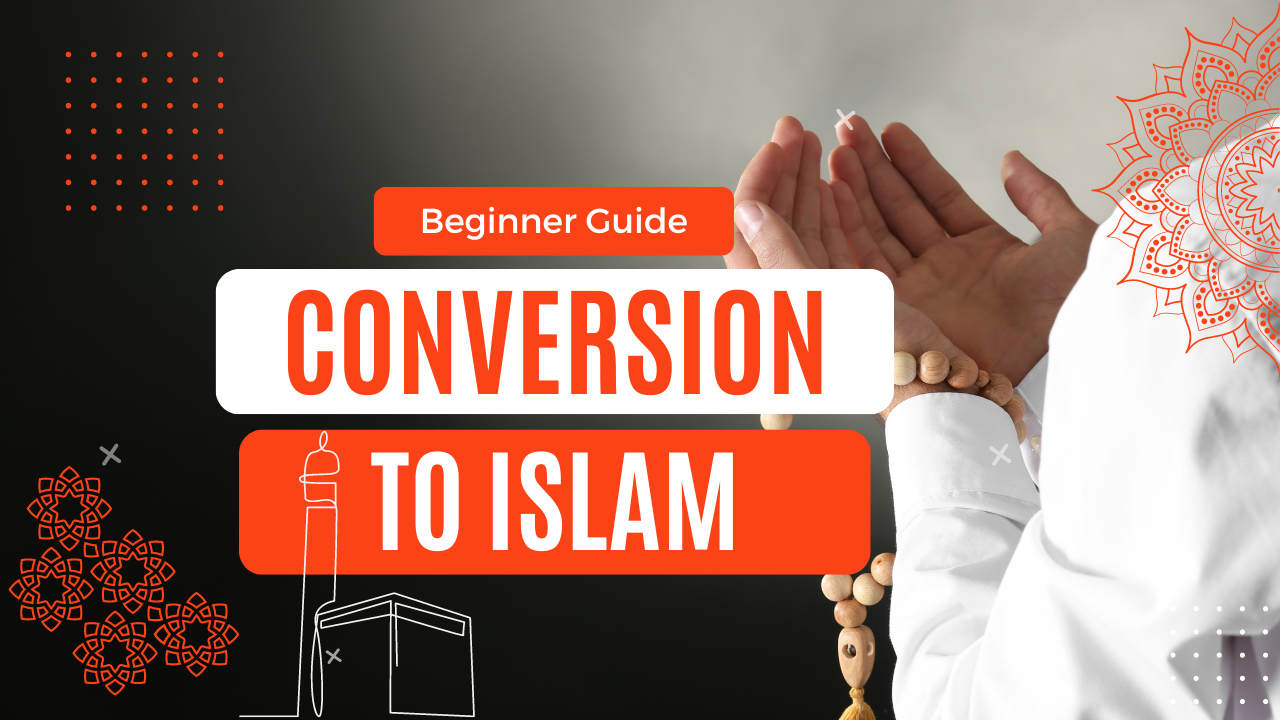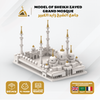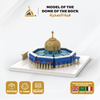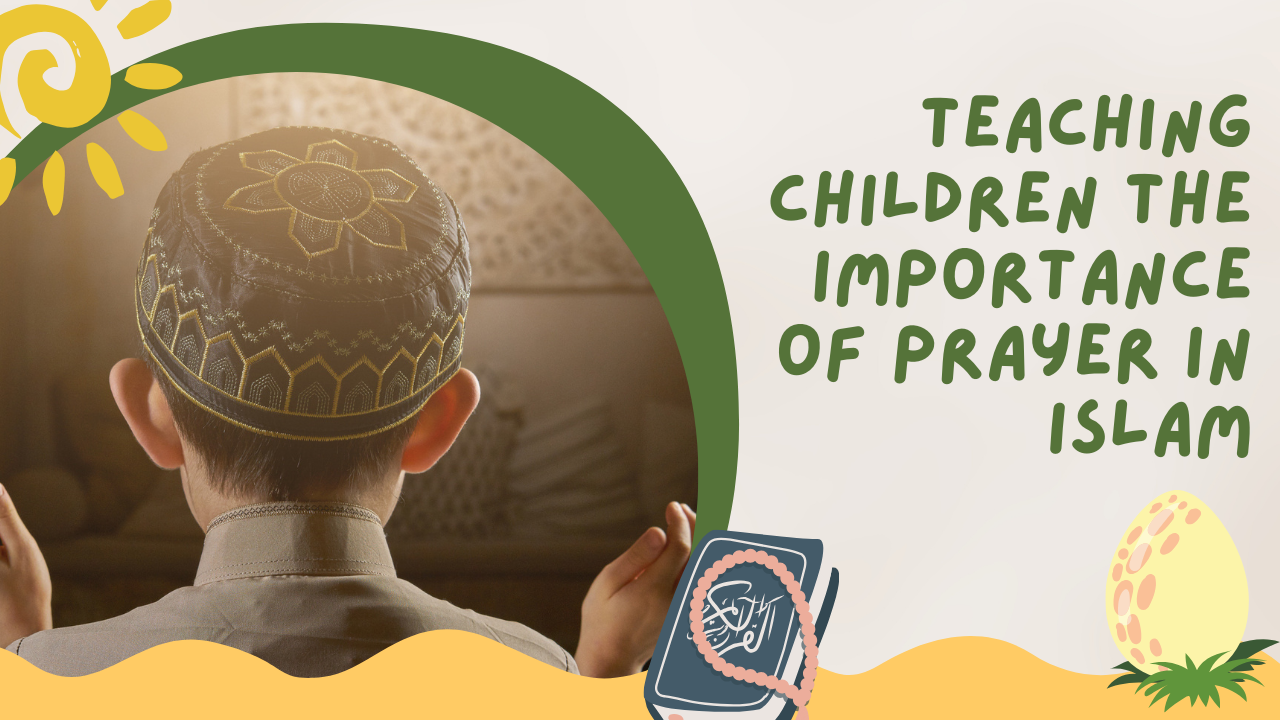For centuries, the Islamic world has been a vibrant hub of intellectual and artistic exploration.
Introduction
Muslim scholars, artists, and leaders have left an undeniable mark on human history, shaping fields as diverse as mathematics, astronomy, literature, and architecture. Their contributions are not relics of the past; they form the foundation upon which many modern advancements stand.
Pioneers of Progress: Highlighting Historical Figures
The Islamic Golden Age, roughly spanning the 8th to 13th centuries, witnessed an explosion of intellectual curiosity. Among the towering figures of this era is Ibn Sina (Avicenna), a true polymath whose work transcended disciplines. His magnum opus, the "Canon of Medicine," was a comprehensive medical encyclopedia translated into Latin in the 12th century. It remained a cornerstone of medical education in Europe for centuries, influencing practices from diagnosis to treatment. Ibn Sina's work wasn't limited to medicine; he also made significant contributions to philosophy and logic, particularly in the areas of metaphysics and epistemology.
Ibn Khaldun, another pivotal figure, revolutionized the field of sociology. His groundbreaking work, "The Muqaddimah," offered a unique perspective on the rise and fall of civilizations. Examining social, economic, and political factors, he challenged prevailing historical narratives. Ibn Khaldun's theories on social cohesion and the cyclical nature of empires laid the groundwork for modern sociology and sparked crucial discussions on the dynamics of power and societal change.
Scientific innovation thrived under Muslim leadership. Al-Jazari, a brilliant engineer, stands out for his intricate mechanical devices. His "Book of Knowledge of Ingenious Mechanical Devices" documented the creation of elaborate automatons, water clocks, and other marvels of engineering. These creations not only entertained but also had practical applications, influencing clockmaking, water management, and the development of automata, which paved the way for future robotics.
Beyond engineering, Muslim scholars made significant contributions to the field of astronomy. Al-Battani, also known as Albategnius, meticulously charted the night sky, correcting existing astronomical observations and publishing highly accurate star catalogs. His work influenced European astronomers like Copernicus and Kepler, contributing to the development of modern astronomy.
Philosophical inquiry also flourished during this period. Al-Kindi, known as the "Philosopher of the Arabs," explored the intersection of reason and faith. He translated and commented on the works of Greek philosophers like Aristotle and Plato, making these crucial texts accessible to Islamic scholars. This act of intellectual bridge-building paved the way for later Islamic philosophers like Al-Farabi. Their work bridged the gap between Greek philosophy and Islamic thought, influencing both Western and Eastern intellectual traditions.
Artistic Expression: A Legacy of Exquisite Beauty
Muslim artistic achievements are equally awe-inspiring. Ibn al-Bawwab, a master calligrapher, revolutionized Arabic script with his elegant and intricate style, known as "Muhaqqaq." His flowing lines and precise letter formations became the standard for formal Arabic calligraphy for centuries to come. The influence of his work can be seen in mosques, manuscripts, and other artistic expressions across the Islamic world, serving as a testament to the enduring power of artistic beauty and the meticulous attention to detail that characterized Islamic art.
Modern Masters: Carrying the Torch Forward
The legacy of Muslim brilliance continues to inspire and empower individuals across various fields. In the field of science, Dr. Hayat Sindi is a leading figure in stem cell research. Her pioneering work holds immense promise for regenerative medicine, with the potential to treat a wide range of diseases and injuries. Dr. Zainab Ghadiyali, a computer scientist, is at the forefront of artificial intelligence research. She develops algorithms that can analyze complex data sets, contributing to advancements in fields such as healthcare, finance, and environmental science.
The world of art flourishes with the talents of contemporary Muslim artists. Shirin Neshat, a renowned visual artist, uses photography and video installations to explore themes of gender, identity, and political oppression. Her thought-provoking works challenge societal norms and spark conversations about social justice. Filmmaker Mohamed Ramadan captivates audiences with his captivating stories that explore themes of love, loss, and cultural identity. His films showcase the rich tapestry of Arab culture and resonate with audiences worldwide.
Leadership: A Force for Positive Change
Muslim leaders continue to make significant contributions on the global stage. Malala Yousafzai, a fearless advocate for girls' education, became the youngest Nobel prize laureate at the age of 17. Her unwavering determination to fight for girls' right to education in the face of adversity continues to inspire millions. Tawakkol Karman, a Yemeni journalist and human rights activist, was awarded the Nobel Peace Prize for her role in the Arab Spring uprisings. She continues to be a powerful voice for democracy and human rights in the Middle East and beyond. These women are just two examples of the many Muslim leaders who are working tirelessly to create a more just and equitable world.
Unsung Heroes: Celebrating Community Champions
The contributions of Muslim scientists, artists, and leaders extend far beyond the well-known historical figures. Countless unsung heroes make a difference within their communities. Dedicated educators like Aisha al-Manea, a pioneering educator in Qatar who established the first girls' school in the country, inspire future generations through their commitment to education. Inspiring community leaders like Imam Mohamed Magid, a prominent American Muslim leader who promotes interfaith dialogue and social justice, bridge divides and foster understanding. Tireless activists working for social change, like Heba Gamal, an Egyptian lawyer fighting for women's rights, advocate for positive change and empower marginalized communities. Their stories, although less widely known, deserve recognition and amplification.
A Legacy of Learning: Impact and Influence
The achievements of Muslim scholars, artists, and leaders have had a profound and lasting impact. From advancements in medicine and engineering to philosophical discourse and innovative artistic styles, their contributions have shaped the course of human history. Ibn Sina's medical texts informed European medical practices for centuries, laying the groundwork for modern medicine. Al-Jazari's mechanical creations paved the way for future robotics development. The philosophical dialogues of Al-Kindi and Al-Farabi resonated with Western thinkers during the Renaissance, influencing European intellectual discourse. These are just a few examples of how Muslim ingenuity has enriched the world.
Beyond the Tangible: A Legacy of Knowledge Sharing
In Islam, knowledge is preserved. Muslim scholars translated and built upon the works of ancient Greek, Roman, and Indian scholars, creating vast libraries and centers of learning. This dedication to knowledge sharing ensured the survival of critical scientific and philosophical texts that would have otherwise been lost. These translations, along with the original contributions of Muslim scholars, were instrumental in the European Renaissance, sparking a renewed interest in classical learning and scientific inquiry.
Embracing Diversity and Building Bridges
By sharing the stories of Muslim scientists, artists, and leaders, we gain a richer understanding of human history and its diverse strands of progress. It is crucial to celebrate these achievements not just to acknowledge the past but also to inspire future generations. Muslim communities around the world are brimming with talent, innovation, and a drive to make a positive impact. By fostering a spirit of inclusivity and appreciation for the contributions of all cultures, we can build a brighter future for all.
This article provides a mere glimpse into the vast and rich tapestry woven by Muslim scientists, artists, and leaders. Let this serve as a springboard for further exploration. Delve deeper into the stories of these remarkable individuals, and continue to celebrate their invaluable contributions to human knowledge, creativity, and progress.


